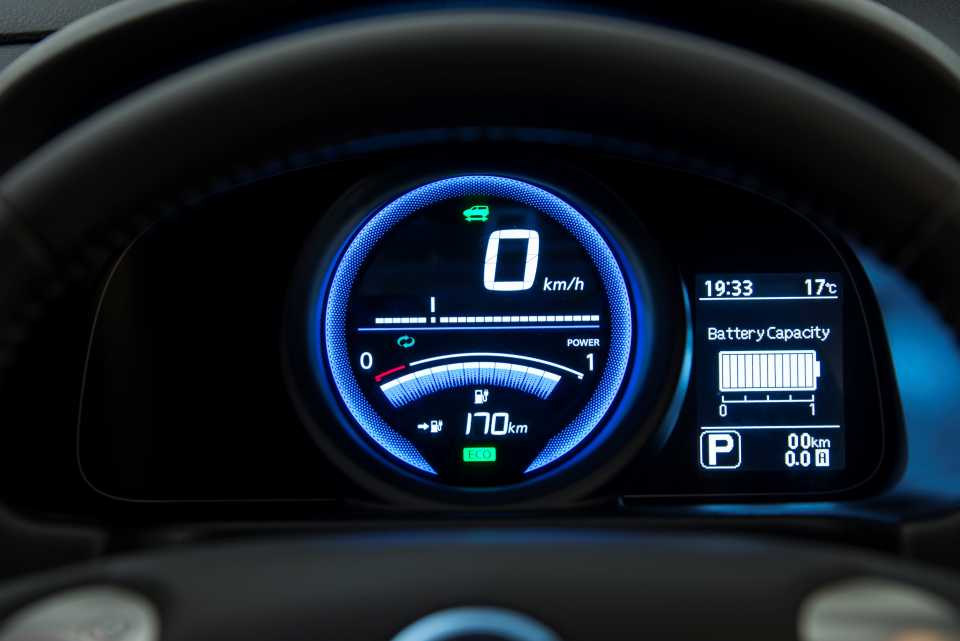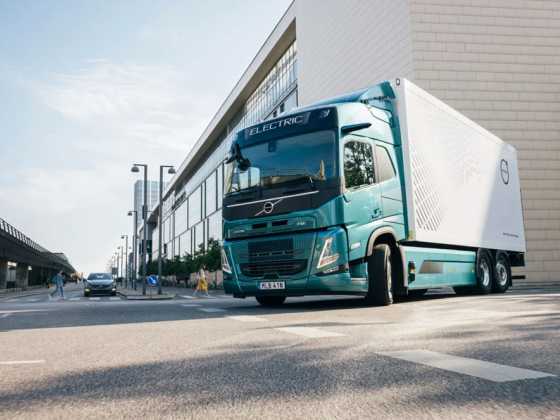SMMT calls on government for long term EV incentives

The Society of Motor Manufacturers and Traders (SMMT) has called on government to commit to long-term incentives for electric vehicle (EV) purchase and binding targets on charging infrastructure, as a new survey suggests almost half of UK motorists don’t feel ready to make the switch by 2035.
A new SMMT survey by Savanta ComRes confirms keen interest from consumers in electric vehicles with drivers most attracted to the lower running costs (41%) and chance to improve the environment (29%). However, while these cars now account for one in six models on sale (17%), they make up just one in 13 purchases (8%).
The survey found the biggest factors holding buyers back are higher purchase prices (52%), lack of local charging points (44%) and fear of being caught short on longer journeys (38%). While, encouragingly, a third (37%) are optimistic about buying a full EV by 2025, 44% don’t think they’ll be ready by 2035, with 24% saying that they can’t ever see themselves owning one.
SMMT believes that these barriers can be overcome and is calling for a long-term commitment to incentives, including the continuation of the Plug-in Grant and its re-introduction for plug-in hybrids.
Mike Hawes, SMMT Chief Executive, said: "Car makers are leading the charge to zero emission motoring, with massive investment in new models fueling huge consumer interest but they can’t transform the market alone. To give consumers confidence to take the leap into these technologies, we need government and other sectors to step up and match manufacturers’ commitment by investing in the incentives and infrastructure needed to power our electric future.
"Manufacturers are working hard to make zero and ultra-low emissions the norm and are committed to working with government to accelerate the shift to net zero – but obstacles remain. Until these vehicles are as affordable to buy and as easy to own and operate as conventional cars, we risk the UK being in the slow lane, undermining industry investment and holding back progress."



